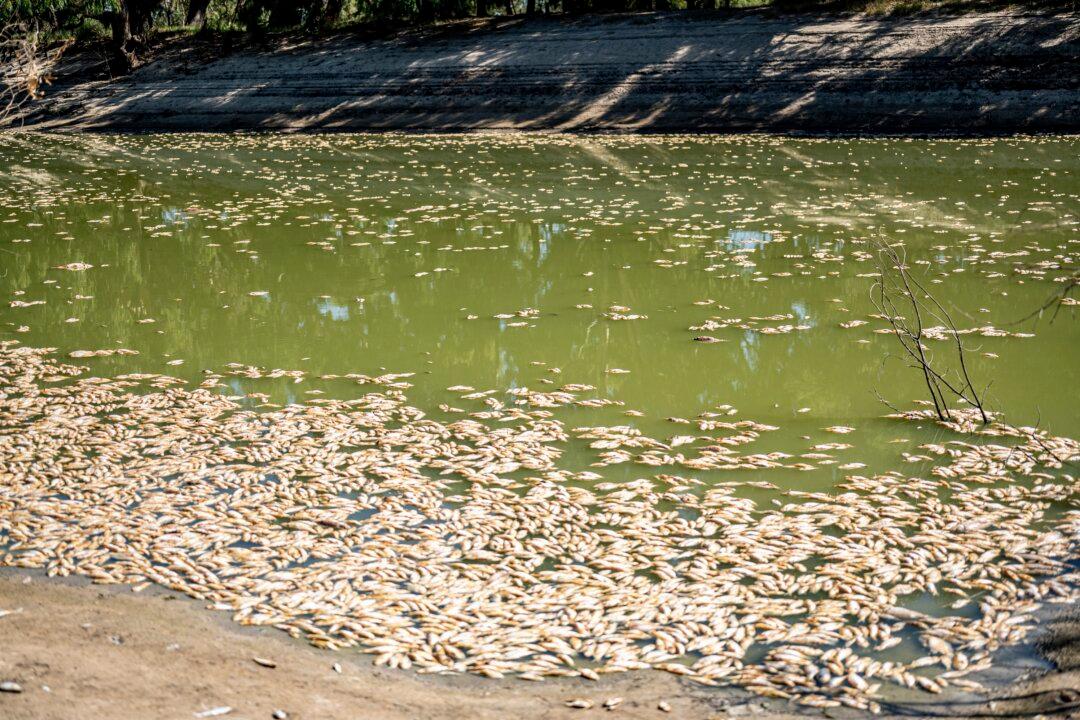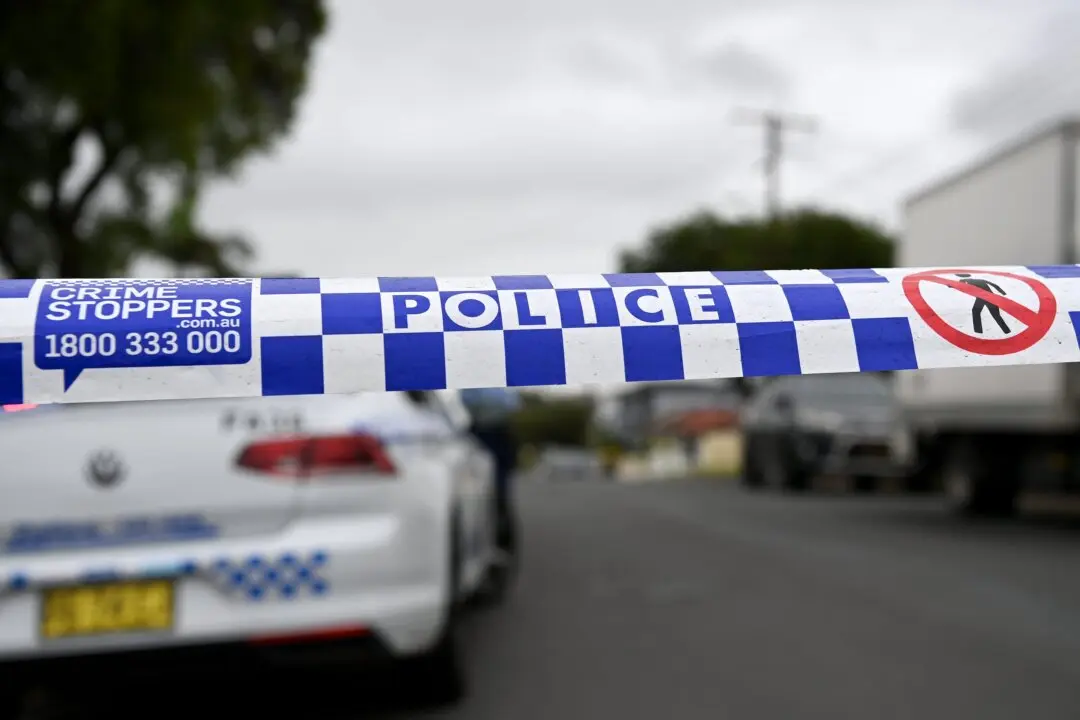Menindee locals say they feel abandoned and have no idea how they will recover from a record mass fish kill on the Darling-Baaka River.
Police and water authorities held a second community meeting in the outback New South Wales (NSW) town on Mar. 24 after millions of fish washed up dead.





